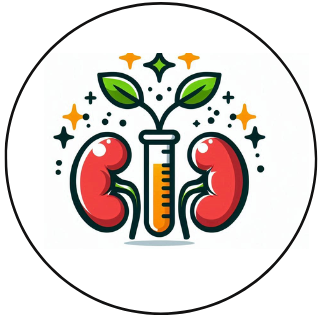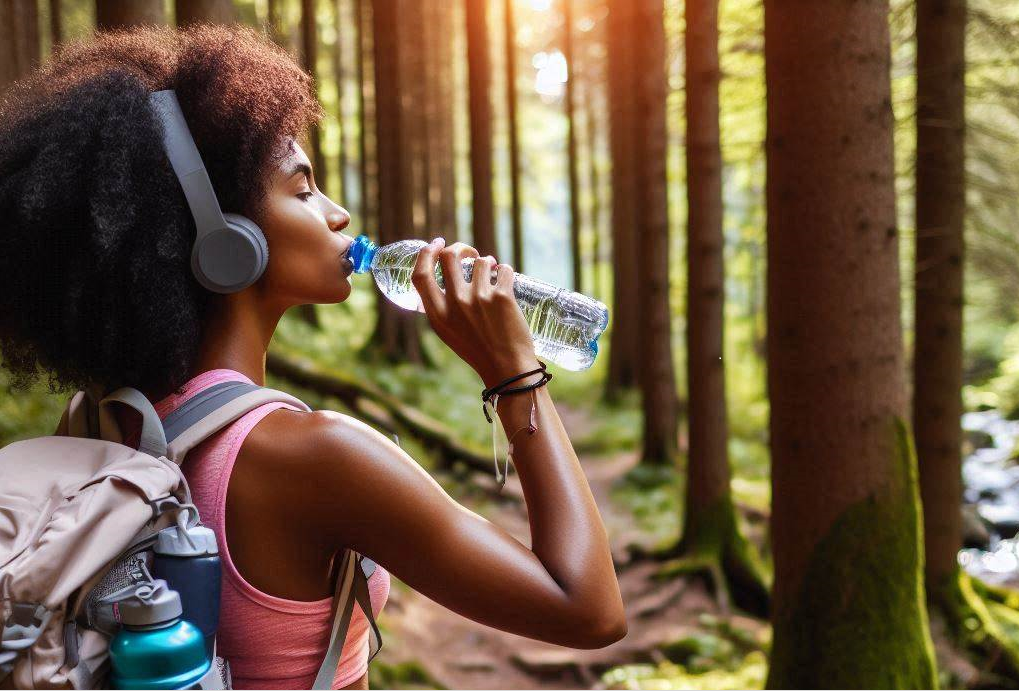Water and Kidney Health in the Great Outdoors
When you’re out in the wild, whether camping, hunting, or hiking, the splendor of nature is invigorating. Yet, amidst the awe of towering peaks and dense forests, it’s crucial to remember an essential component of your well-being: fresh water. While it might seem like a simple necessity, access to safe, clean water is fundamental not just for hydration but also for maintaining healthy kidneys. Here’s why prioritizing safe water is crucial for your kidney health while on the go and how to ensure you stay hydrated and healthy during your adventures.
The Role of Kidneys and Hydration
Your kidneys play a critical role in filtering waste products and excess fluids from your blood, which are then excreted as urine. They help regulate your body’s fluid balance, electrolytes, and blood pressure. Without adequate hydration, the kidneys struggle to perform these functions efficiently, which can lead to issues such as kidney stones, urinary tract infections, and even acute kidney injury.
When you’re adventuring outdoors, you’re often exposed to various challenges—exertion, exposure to the elements, and changes in diet and routine. These factors can increase your body’s fluid needs and potentially affect your kidney health. Staying hydrated with safe, fresh water is therefore not just about quenching your thirst but about supporting your kidneys’ ability to function properly.
Why Safe Water Matters
- Avoiding Contaminants: Natural water sources, like streams and rivers, can be contaminated with harmful bacteria, parasites, and viruses. Drinking contaminated water can lead to gastrointestinal issues and other health problems, which can further strain your kidneys as they work to filter out these toxins.
- Preventing Dehydration: While it’s tempting to rely on natural sources, you might not always find them in abundance, or they might not always be safe. Dehydration can occur quickly if you’re not consuming enough clean water, particularly if you’re engaging in strenuous activities. Dehydration puts extra stress on your kidneys, making them work harder to maintain fluid balance.
- Maintaining Electrolyte Balance: Fresh, clean water helps regulate your body’s electrolytes. Imbalances can cause issues such as muscle cramps, fatigue, and even more severe complications. Safe water ensures that you’re replenishing your body with essential fluids without introducing harmful substances.
How to Ensure Safe Water on the Go
- Water Purification Methods: Always be prepared with a reliable method to purify water. Portable filters, purification tablets, and UV light devices are excellent tools for ensuring that the water you drink is safe. Familiarize yourself with how to use these tools properly before heading out.
- Carrying Extra Water: Whenever possible, carry extra water with you. Hydration packs, bottles, or even collapsible containers can be lifesavers. If you’re going to be in areas where water sources are scarce, make sure you have enough to last the duration of your trip.
- Avoiding Unsafe Sources: Even if a water source looks clean, it’s not always safe. Avoid drinking from stagnant pools or sources near animal tracks. Flowing water from higher elevations is often safer, but always purify it before drinking.
Some years back, I took a group of scouts up to a mountain lake on a camping trip. I carried a hydration pack and a water bottle from a company called Sawyer. The bottle had a filter in it that can filter up to 100,000 gallons of water. I used this filter and an extra hydration pack bladder to gravity drip mountain lake water into canteens and other hydration packs to filter out giardia and other harmful bacteria. It worked extremely well. When arriving home, I cleaned the filter by simply back flushing it with clean water. Easy, convenient and very little extra pack weight. Most importantly, safe, healthy drinking water.
- Recognizing the Signs of Dehydration: Be aware of the signs of dehydration, such as dark urine, dizziness, and dry mouth. If you notice these symptoms, increase your water intake immediately and seek shade or a cooler environment.
Practical Tips for Hydration While Adventuring
- Drink Regularly: Don’t wait until you’re thirsty to drink. Sip water consistently throughout your activity to stay hydrated.
- Adjust for Activity Level: If you’re hiking or engaging in intense activities, your water needs will increase. Make sure to adjust your intake accordingly.
- Monitor Your Urine: Light, clear urine is a good indicator of proper hydration. Dark urine may suggest that you need to drink more water.
Conclusion
In the grand adventure of exploring the great outdoors, the importance of safe, fresh water cannot be overstated. For the health of your kidneys and overall well-being, make hydration a priority. By being prepared and informed, you’ll ensure that your adventures remain enjoyable and that your kidneys stay in top shape, letting you fully appreciate the beauty of nature without compromising your health. So pack wisely, drink responsibly, and let your outdoor experiences be as refreshing as the clean water you carry with you or filter.

